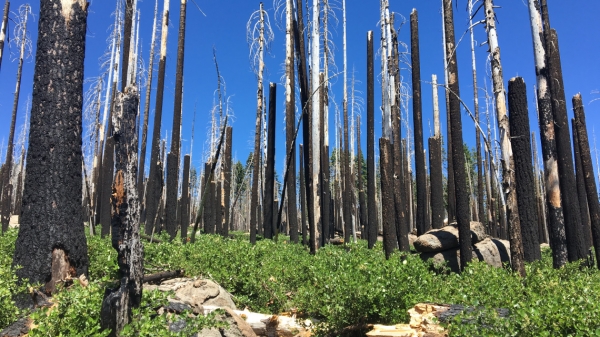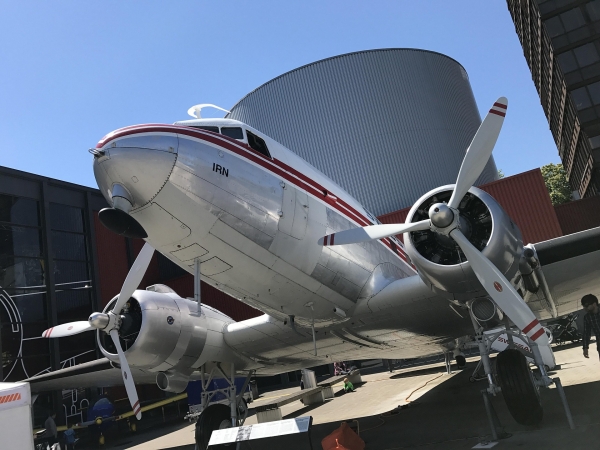While air-conditioning protects people from dangerous heat, it also significantly worsens global warming – by 2050 potentially producing more carbon dioxide than the current annual emissions of the United States, a new study reveals.
articles
Grants Support DIY Irrigation and Smart, Electric Tractors for Specialty Crop Growers
Two interdisciplinary research teams at University of California, Santa Cruz, will develop agricultural technology for farmers with the support of grants from the U.S. Department of Agriculture’s (USDA) 2025 Specialty Crop Block Grant Program.
New Research Forecasts the Impacts of Fire on Birds
Up to 30% of bird diversity hotspots, places where large numbers of different bird species occur, in the western United States face threats from high-severity wildfires in the future that could eliminate critical forest habitats, according to new research published in the journal Nature Communications.
A Solution That Could Reduce Aviation Emissions by up to 30 Percent
In the future, regional flights such as Trondheim-Oslo could become much more environmentally friendly with the help of a hybrid aircraft engine.
Widespread ‘Enhanced Rock Weathering’ Could Slow Global Warming
It’s one of the latest technologies for sequestering carbon: Crush silicate rocks, add to crop soil, and let the rock dust naturally react with carbon dioxide.
Storms and Shifting Sands – Assessing the Ocean’s Impact on Start Bay
Experts have warned that extensive storm damage caused to one of South Devon’s most iconic routes is likely to become more frequent as global sea levels rise and the impacts of extreme wave events increases.








